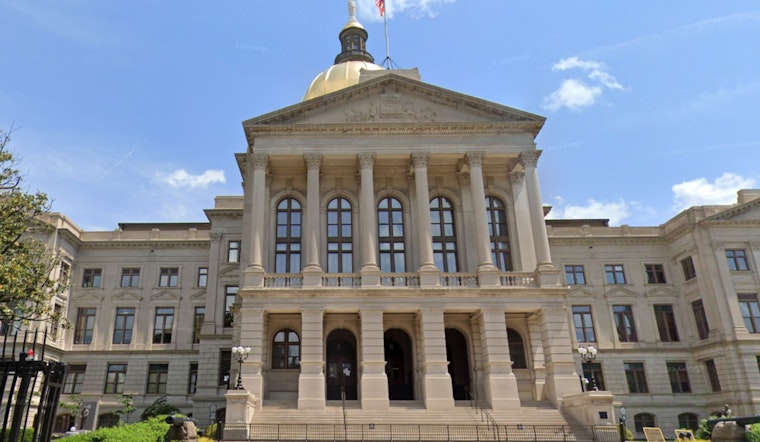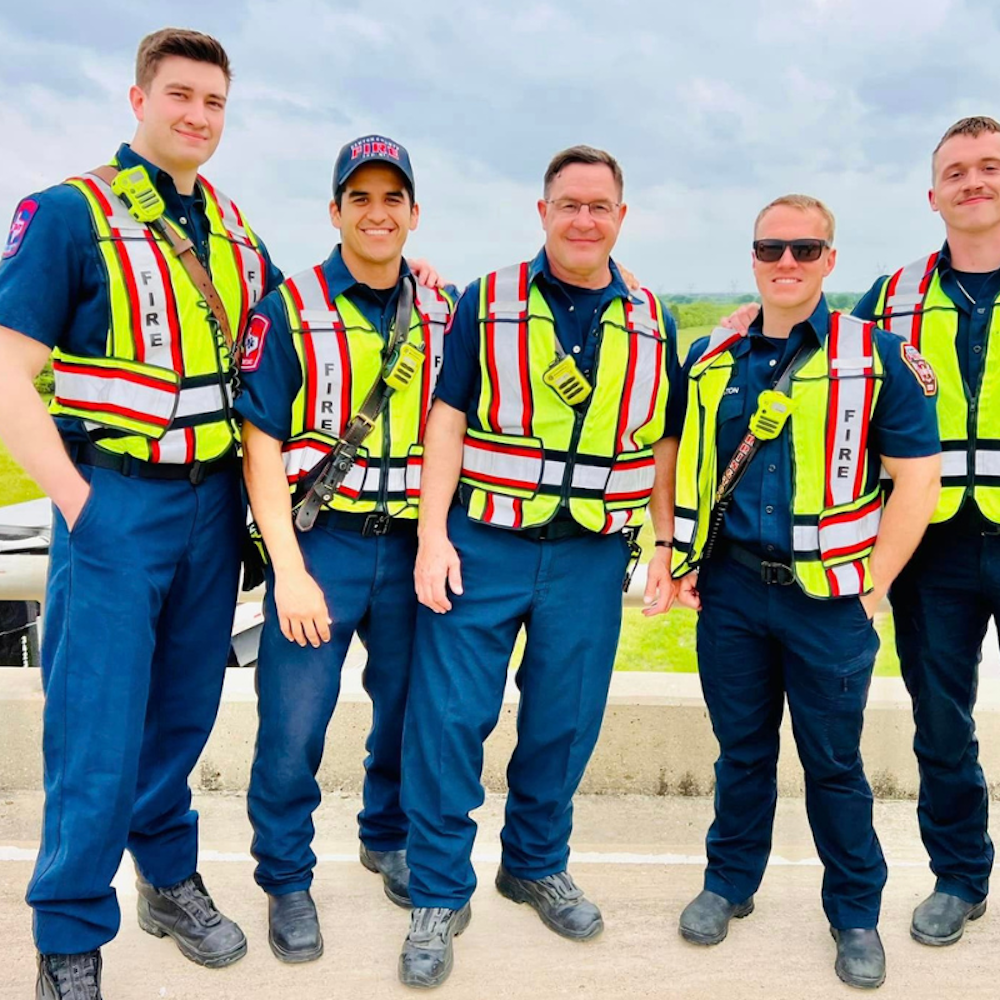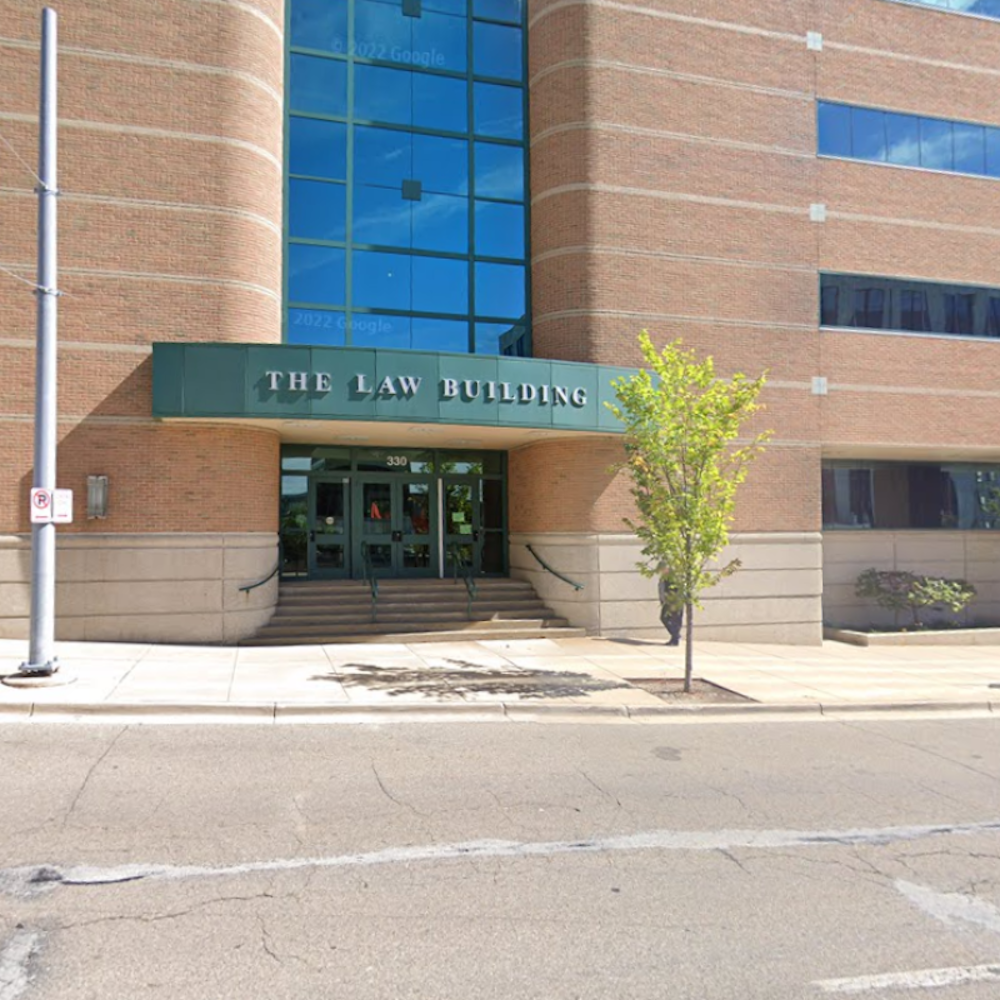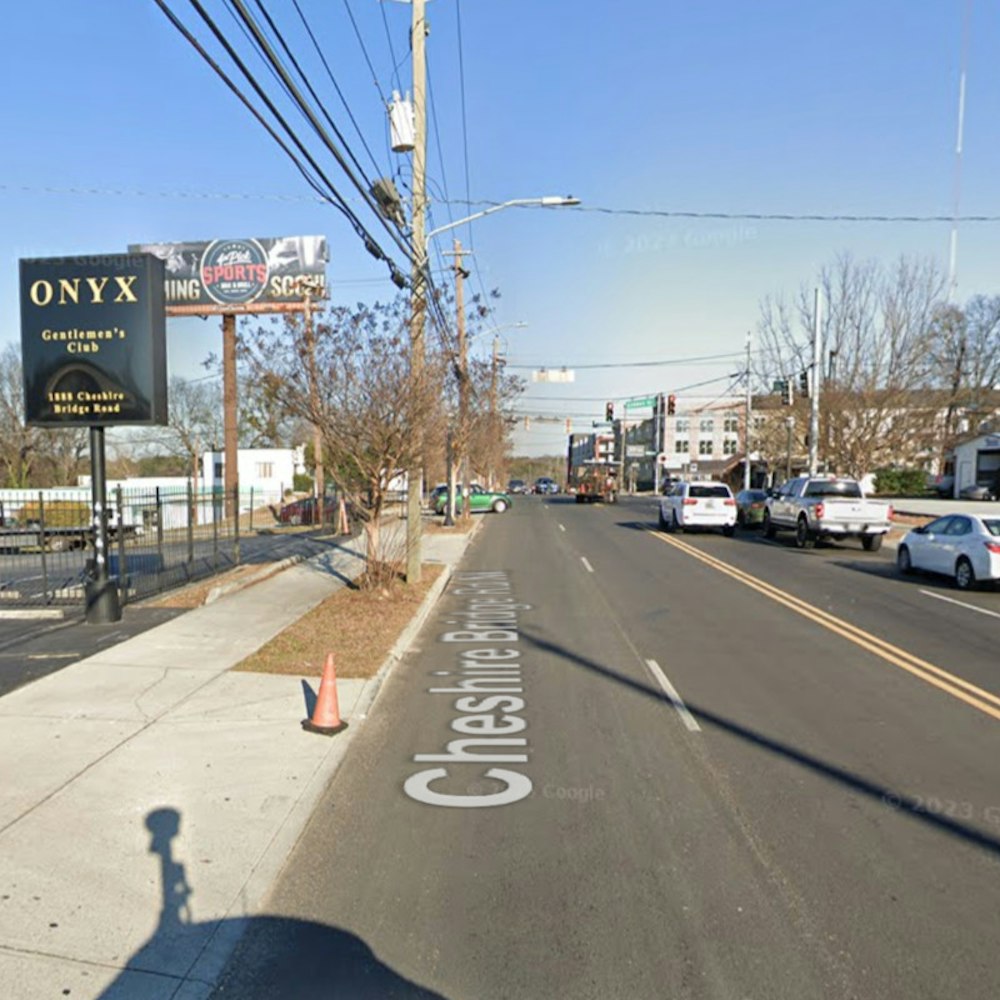
Time is running out for Georgia lawmakers to pass a bill that would tie local law enforcement to federal immigration agencies, a move that's stoking controversy statewide. With just one more legislative day on the calendar, the proposed bill demands that jurisdictions ink partnerships with the Department of Homeland Security to ramp up enforcement of immigration laws.
The bill, which echoes federal programs like 287g or Secure Communities, aims to deputize local officers to help identify, detain, and potentially deport noncitizens. This tactic isn't new territory for Georgia; six jurisdictions already collaborate with Immigration and Customs Enforcement (ICE), with mixed reactions from the community. According to WABE, Oconee County's Sheriff James Hale Jr. explained that his department is working with ICE under a Warrant Service Officer Program pioneered in 2019. Officers are trained and credentialed to serve detention warrants for ICE.
"We have a number of certified peace officers that work in the jail who went through the training program with immigration service, and are credentialed warrant service officers to be able to serve those detention warrants," Hale told WABE. The process follows a system where arrested individuals have their fingerprints checked against federal databases, flagging those ICE wants to detain after their release from local custody.
This bill, however, is hitting snags, as past experiences in Cobb and Gwinnett Counties show. Both areas originally adopted 287g programs but, faced with staunch criticism from immigrant rights groups and a changing demographic, decided to sever these agreements. Cobb County in particular stressed the importance of making sure everyone feels they can safely report crimes. "All of us want to live in a safe and secure community," said Carlos Garcia, the sheriff's Latino liaison, during a press conference in Mariette. "But when we marginalize a specific individuals for their legal status, we create an issue for everybody," he told WABE.
Advocates against the bill argue that such partnerships breed distrust among communities, often targeting nonwhite individuals who must then demonstrate their legal status during encounters with police. There is a concern that such legislation could profoundly affect the way community policing operates, potentially leading to decreased cooperation from immigrant communities. The bill's fate now hangs in the balance, requiring final approval from the House before it can advance to the governor's desk for a potential signature into law.









